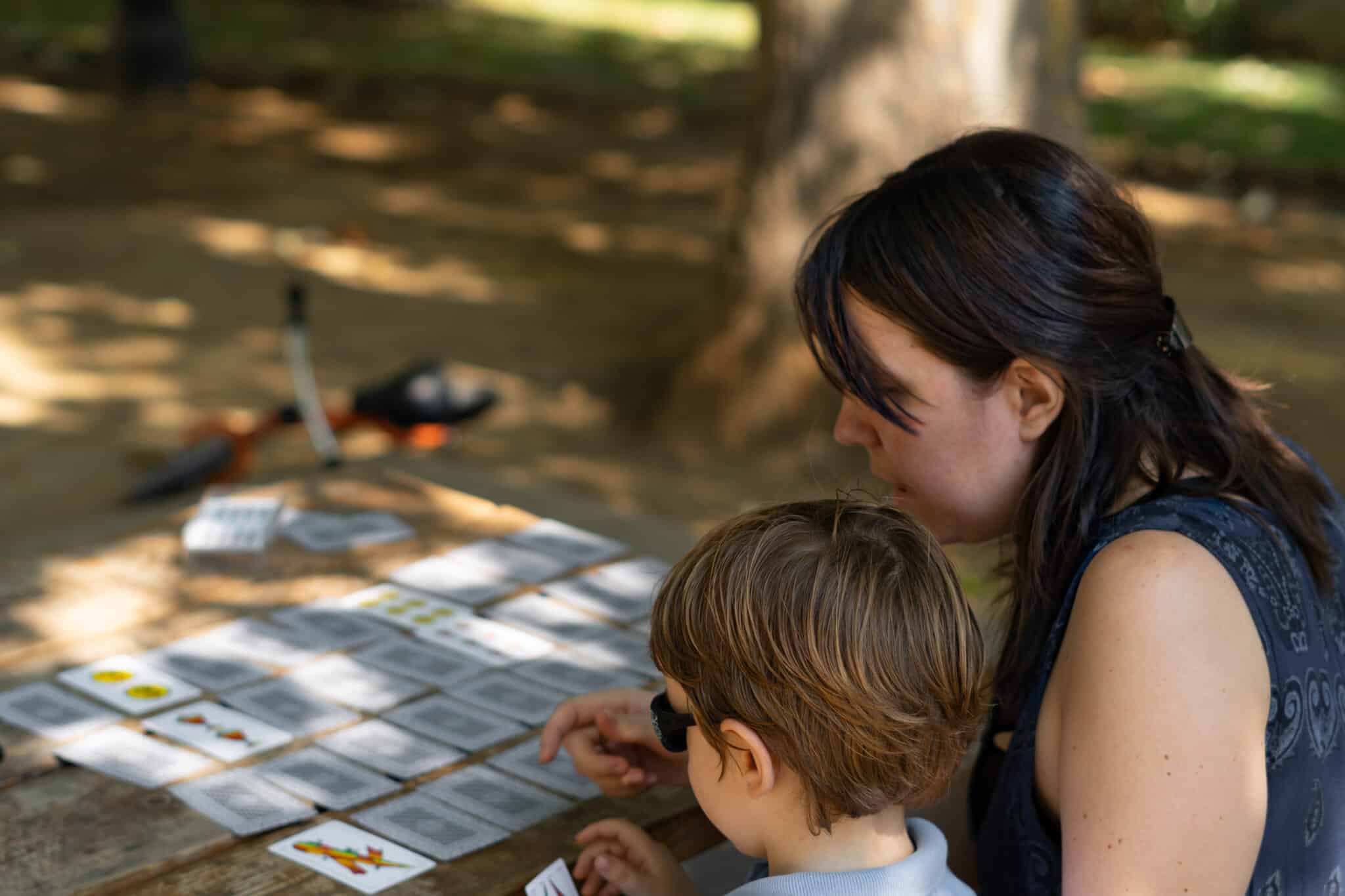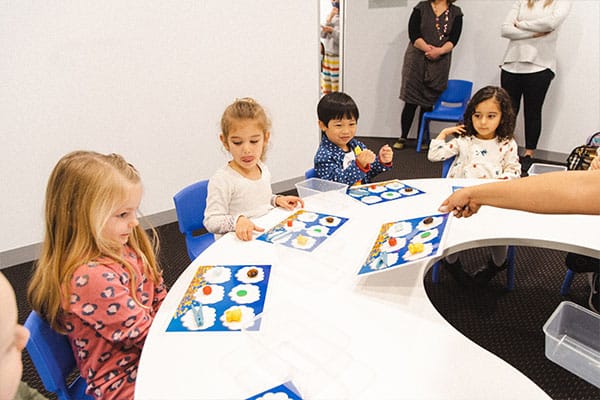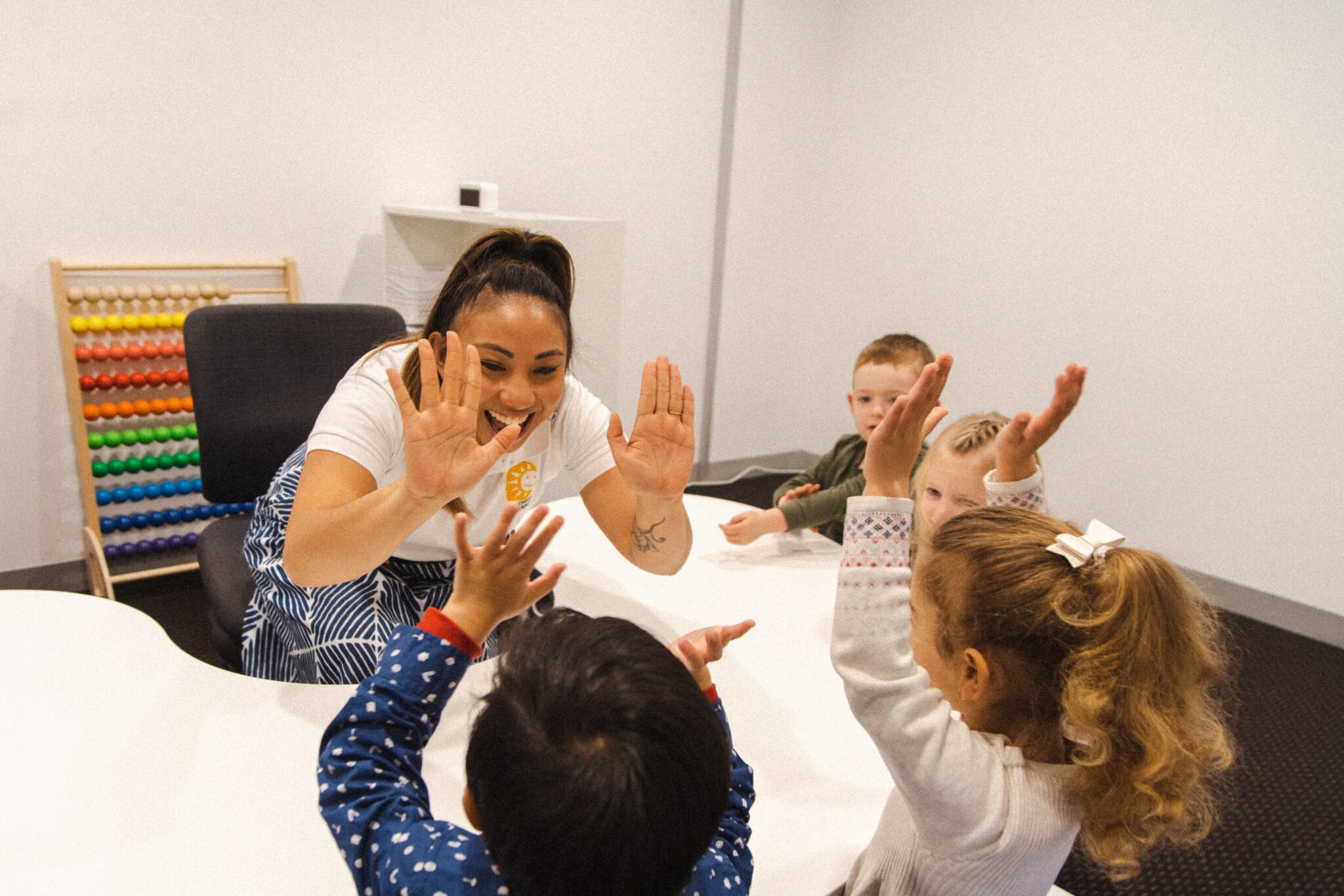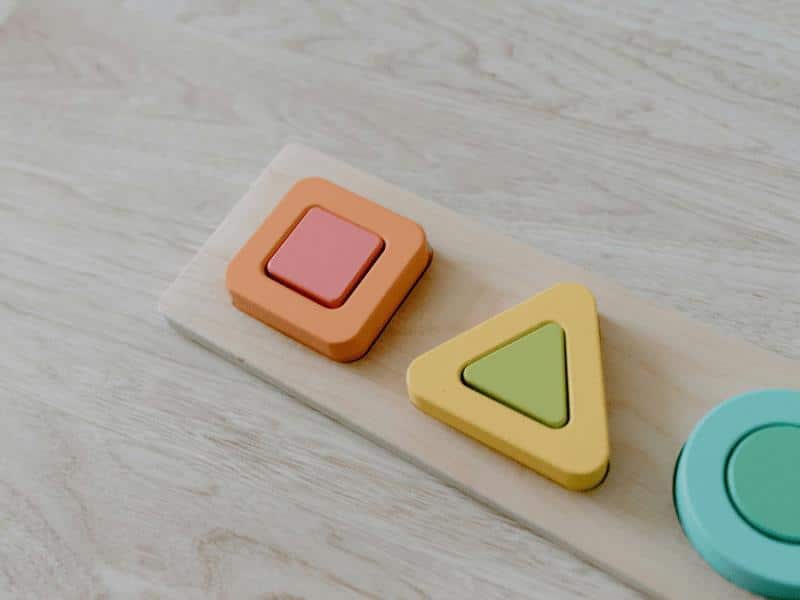
Do Memory Games Help Kids With ADHD?
ADHD and memory challenges often go hand in hand, making it difficult for children to focus, follow instructions, and retain information. For parents, it’s frustrating to see their child’s potential hindered by struggles with memory and attention.
Memory games have emerged as a fun and practical tool to help kids with ADHD and memory problems, improving their cognitive skills. But how effective are they? Let’s explore how memory games work, their impact on children with ADHD, and how the Shichida Method can provide additional support for memory development.
The Link Between ADHD and Memory Challenges
ADHD affects more than just a child’s attention span. It also significantly impacts their working memory—the brain’s ability to temporarily hold and process information. Working memory is a critical function that allows children to follow multi-step instructions, solve problems, and engage in meaningful learning experiences. For children with ADHD, deficits in this area can manifest in several ways:
Difficulty retaining instructions: A child may forget a task partway through completing it, leading to incomplete or poorly executed activities. For instance, a teacher might ask a student to gather supplies and return to their desk, but the child forgets the second part of the task en route.
Struggles with organising information: ADHD can make it difficult for children to link concepts or categorise information logically. This affects academic tasks like writing essays, solving math problems, or even organising their belongings at home.
Frequent forgetfulness: Children with ADHD may misplace school supplies, leave homework at home, or forget important dates and appointments.
These challenges stem from fundamental differences in how the ADHD brain processes, stores, and retrieves information. ADHD memory problems often compound focus difficulties, creating a cycle of frustration for both children and parents.
How Memory Training Helps Children with ADHD
ADHD often impacts working memory, which is essential for retaining and applying information in real-time. A 2015 review of various studies highlights that children with ADHD can benefit significantly from memory-enhancing activities, as these techniques improve their ability to process, store, and retrieve information effectively. This connection is particularly important in addressing challenges like following instructions, completing tasks, and staying focused.
Memory training provides practical tools to strengthen the working memory, enabling children to handle cognitive demands more efficiently. As working memory improves, children with ADHD can better manage daily tasks, keep up with schoolwork, and navigate social interactions.
While memory games are not a standalone solution, they complement other interventions by providing targeted cognitive practice. They offer a structured way to strengthen ADHD memory while making learning enjoyable.
How Memory Games Work
Memory games are powerful tools designed to enhance cognitive abilities, especially working memory.
These activities engage children in a structured yet enjoyable way, training their brains to retain, process, and manipulate information more effectively. By incorporating diverse techniques, memory games provide a targeted approach to address the unique challenges associated with ADHD memory problems.
Key ways memory games work include:
Strengthening working memory: Memory games require children to hold and recall details over short periods, directly improving their ability to process and retain information.
For example, a matching pairs game might challenge a child to remember the placement of cards, reinforcing their short-term recall and helping develop neural pathways associated with working memory.
Improving focus: Many memory games are inherently engaging, capturing a child’s attention through interactive visuals, sounds, or tactile elements.
By encouraging sustained concentration, these games help children practice focusing on tasks, a skill that is often impaired in children with ADHD and memory problems.
Building cognitive flexibility: Memory games often require players to adapt strategies as the game progresses, promoting problem-solving and critical-thinking skills.
For instance, games like Simon Says or pattern-matching tasks encourage children to adjust their responses based on changing rules or new information.
Benefits of Memory Games for Kids with ADHD
Memory games can provide numerous advantages for children with ADHD, including:
- Improved focus: Games require sustained attention, helping children practice staying on task.
- Enhanced recall abilities: By encouraging repeated use of working memory, games strengthen a child’s ability to retrieve information.
- Boosted confidence: Success in games builds self-esteem, motivating children to tackle challenges with a positive mindset.
- Fun and low-stress learning: Unlike traditional methods, memory games feel like play, reducing the stress often associated with learning.
Incorporating Memory Games into Your Routine
Parents and educators can easily integrate memory games into a child’s daily life. Here are some practical tips:
Start small: Begin with simple games that match your child’s developmental level and gradually increase the difficulty.
Mix it up: Combine digital memory apps with hands-on activities like matching cards or storytelling to keep your child engaged.
Set consistent practice times: Devote 10–15 minutes daily to memory training for the best results.
Encourage participation: Let your child choose games they enjoy, encouraging enthusiasm for learning.
Examples of ADHD-friendly games include:
Matching Pairs: Improves visual recall by challenging children to remember object placements.
Story Recall: Develops episodic memory by asking children to recount details from a story.
Interactive Apps: Digital tools designed specifically for ADHD and memory problems help build memory skills through gamified challenges.
How the Shichida Method Supports Memory Development in ADHD
The Shichida Method takes a unique and proven approach to memory training, offering children structured, fun, and engaging activities designed to strengthen their memory skills. Through a combination of scientifically backed techniques and age-appropriate exercises, children build cognitive abilities that can address challenges like focus and ADHD memory problems.

Early Intervention for Lifelong Benefits
At Shichida, memory training begins as early as one year old, taking advantage of the rapid brain development that occurs in these formative years. Activities are carefully designed to match a child’s developmental stage, ensuring they remain engaged and focused.
Memory Training Techniques at Shichida
Photographic Memory
The ability to visualise and recall detailed images accurately.
Flashcards: Rapid exposure to flashcards featuring pictures, numbers, and symbols helps children capture and retain visual information quickly.
Picture Recall Games: Children recreate sequences of images from memory, sharpening their visual recall.
Mnemonic Memory
Using associations, like stories or songs, to link and remember information.
Story-Based Learning: Children craft imaginative narratives that link concepts, embedding them into memory.
Song-Based Memorisation: Rhythmic songs help children remember sequences like days of the week or numbers.
Auditory Memory
The skill to process, retain, and recall information heard.
High-Speed Audio Tracks: Children listen to stories and songs like multiplication tables and 500 numbers of pi at increasing speeds to enhance auditory encoding.
Reciting Poems and Stories: Builds auditory recall while improving focus and verbal skills.
These techniques are seamlessly integrated into enjoyable activities, supporting children in addressing some challenges associated with ADHD and memory difficulties, while also boosting their confidence.

The Result: Thriving, Confident Learners
Memory games are not just tools for addressing ADHD memory problems; they’re pathways to unlocking a child’s potential. Combined with expert guidance from Shichida teachers, these activities help children strengthen their focus, boost their memory, and thrive in all aspects of life.
At Shichida, we create an environment where children are excited to learn and stay focused, building lifelong skills that will benefit them far beyond their early education years. Book a trial class today!


